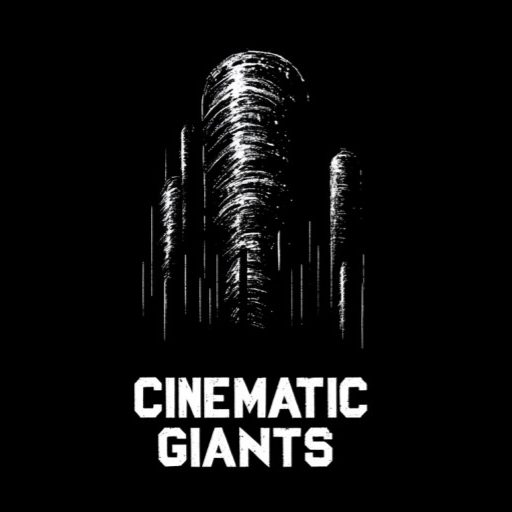Natalie Farrell calls herself The Cosmic Songbird, and it fits. She started in classical voice at the Royal Northern College of Music, moved into writing and spoken work with her book Light the Way, and now folds both into music. Frances Yonge comes from composition and piano, with a background in writing for theatre, dance, and choir work. Frances read Natalie’s poems, heard melodies in them, and the two started writing together. Within a month they had most of the record. Sam Hall came in on arrangement and sound design, and helped build the world around their vocals. The result is No Longer Lost, a collaboration that sits somewhere between art song, ambient score, and spiritual music.
The record opens with “Ophelia,” a short piece that feels like an invocation. The vocal leans toward classical delivery, almost operatic in tone, set against bells and soft pads. It doesn’t behave like a typical intro; it feels like the listener is being brought into a space and told to listen a certain way.
“Tsuki” follows with piano and voice up front, then slow strings start to move underneath. Bells sit on top of the mix, and the pacing stays calm. Nothing is in a rush. It plays like a scene lit by one source, held on a single character.
“Celeste” is brief but striking. Synth pad, piano, close mic’d vocal with a slight Björk tint in how the phrasing curls around the notes. It’s more impression than song, but it lingers.
“Luna” keeps the palette minimal: piano, voice, air. The track floats more than it drives. “Trust” is one of the emotional peaks. You get a grainy, almost granular bed in the background, then piano chords that feel heavy and resigned, then strings climbing in behind it. The vocal sits vulnerable, not in a pop way, more like confession.
“Hope” breaks the stillness. There’s low-end here — sub, kick — and a pulse that makes it feel more grounded in the body. After so much breath and space, this is the first track that moves like something you could walk to.
“Venus” carries a kind of ‘90s memory: soft plucked tones, almost bell-like, and guitar. It feels nostalgic without going syrupy. “Noor” closes that arc back in quiet focus: piano, voice, cinematic swell, like end credits.
Across the whole project, the point isn’t genre. It’s mood. These songs feel written for scenes that haven’t been shot yet: rituals, memory sequences, aftermath moments, two people in a room choosing honesty or not. The record keeps circling themes of safety, surrender, healing.
No Longer Lost works like a private score. You don’t need the visuals to follow it, but you can hear exactly where they’d go.
Discover more from Cinematic Giants
Subscribe to get the latest posts sent to your email.





